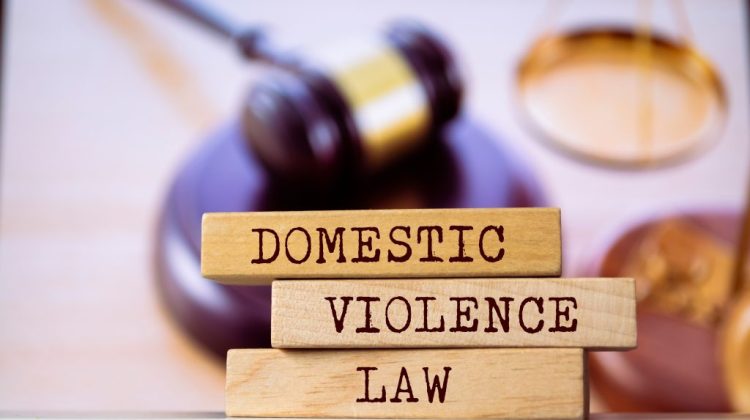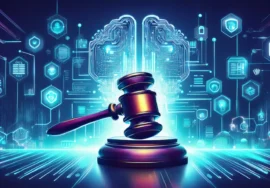
Breaking the Silence: Protecting Rights through Domestic Violence Law
Domestic violence is not just a private matter—it is a violation of fundamental human rights. It affects the safety, dignity, and well-being of individuals, particularly women and children, within the household. Domestic Violence Law provides a legal shield against abuse, offering protection, support, and justice to victims while holding perpetrators accountable.
What is Domestic Violence Law?
Domestic Violence Law is a legal framework that addresses physical, emotional, verbal, sexual, and economic abuse within family or household relationships. It ensures that victims are not forced to suffer in silence and provides mechanisms for immediate relief, rehabilitation, and long-term protection.
Forms of Domestic Violence
-
Physical Abuse – Causing bodily harm, assault, or injury.
-
Emotional and Verbal Abuse – Humiliation, threats, insults, or controlling behavior.
-
Sexual Abuse – Forcing sexual acts without consent.
-
Economic Abuse – Denying financial resources, restricting access to money, or controlling economic independence.
Key Provisions under Domestic Violence Law
-
Protection Orders: Restrains the abuser from contacting or harming the victim.
-
Residence Orders: Ensures that the victim cannot be forcibly removed from the shared household.
-
Monetary Relief: Provides financial support to cover expenses like medical costs, maintenance, or losses due to abuse.
-
Custody Orders: Grants temporary custody of children to the victim for their safety.
-
Counseling and Rehabilitation: Offers emotional and psychological support to victims.
Why Domestic Violence Law is Important
-
Protects Vulnerable Groups: Safeguards women, children, and dependents from abuse.
-
Promotes Human Dignity: Recognizes the right to live free from violence.
-
Provides Quick Relief: Empowers courts to issue immediate protection orders.
-
Encourages Reporting: Creates awareness and legal backing for victims to speak up.
Challenges in Implementation
Despite progressive laws, challenges remain:
-
Many victims hesitate to report due to fear, stigma, or financial dependence.
-
Lack of awareness about rights and remedies reduces the effectiveness of protection.
-
Delays in legal processes and inadequate support systems often discourage victims from seeking justice.
Conclusion
Domestic Violence Law is more than a legal safeguard—it is a social necessity. It empowers victims to break free from cycles of abuse, ensures accountability, and promotes equality within households. Strong implementation, awareness, and sensitivity are crucial to building a society where homes are spaces of safety, not fear.







